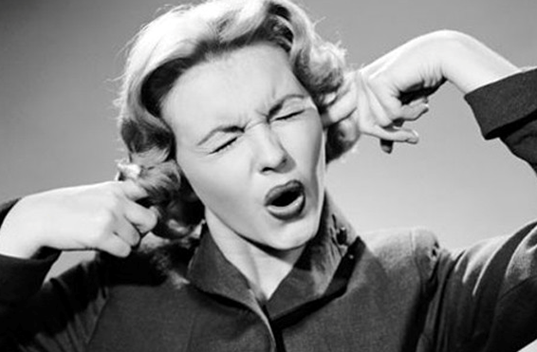The (In)difference to the diversity of opinion in organizations:

the role of social and political skills in creating environments where all voices are heard
A Pew Research study of more than 10,000 American adults found that in recent decades, people are more polarized and divided than ever before in history. This phenomenon, unfortunately, is not isolated and has been occurring in several parts of the world. We live in a time of many uncertainties and to get rid of this discomfort, people tend to cling to new or old truths.
Partial media and the use of search algorithms help people access data in line with their beliefs, reinforcing their convictions and often limiting their access to broad information and different perspectives.
In general, people do not even listen to those who think differently, thus wasting the opportunity to broaden their view on a topic and/or to understand different points of view. If this is a behavior that has been recurrent among people on a daily basis with their families and friends, the situation can be even more critical in the corporate environment, where status, position, and competition for results are considered acceptable justifications for the domain of the few privileged.
Diversity is one of the great riches of humanity.
People are different from each other, and they also share things in common. We all have universal needs for connection, self-expression, autonomy, and a genuine interest in offering our contribution. In this sense, diversity is the set of differences and similarities that characterize people and make them unique.
However, most companies still go for the conventional.
Many organizations ignore a variety of emotions and conflicts that are part of human coexistence in the corporate environment. A discomfort that always makes me attentive in this space is the fact that several voices are not heard. Difference of opinion is a form of diversity and one of the ways in which it manifests itself. Indifference to the different hurts those who have no voice, restricts, and excludes the potential that diversity can bring to the workplace to make it more human, creative, and sustainable.
In organizations, when there is space for “listening”, it is natural for people to manifest whether they agree, or not, about the means and ends. It is known that everyone has a particular field of competence and knowledge limited by that field. Each professional sees the organization and the world from her/his perspective and each one will defend what (s)he believes to be the right course of action.
However, we must not lose sight of the fact that it is not uncommon to slide into intolerance and prejudice. In this context, many voices are silent, while others, with extreme convictions, strive to speak louder and so, the chance to find balanced solutions that include several perspectives and contemplate the scope of the issue is lost.
It is within this scenario of complex human interactions that skilled leaders achieve results and make a difference. What skill is this and how does it manifest?
Most significant organizational decisions are the result of a social and political process.
The notion of politics arises from the idea that, when interests are divergent, society must provide means that help individuals to reconcile their differences through consultation and negotiation. This means that unpredictability and high-speed context demand even more social and political skills to deal with all the differences that are natural and, in most cases, desirable to allow the sharing of ideas, experiences, and passions. The politically competent professional is the one who seeks to see the issues in a broad way, considering the different angles, and, for that, he proposes to give everyone a voice.
Cultivating greater diversity in leadership positions and developing political skills in those who assume this role is perhaps one of the most efficient ways to transform the work environment into a place that recognizes and values diversity and provides representation.
The development of political skills of leaders aims to achieve objectives that make it possible to deal with the demands of human relations and diversity in particular, such as:
- Provide a safe environment where people feel confident in expressing themselves and taking risks.
- Cultivate positive emotions, creating bonds of respect and acceptance of differences.
- Establish genuine emotional bonds, generating sustainable interactions with subordinates and all stakeholders.
- Select professionals for your team with different profiles;
identify the potential of each member and encourage them to expose themselves. - Seek alignment of everyone’s motivations with the organization’s goals. We have observed that leaders who develop political competence are more ready to listen and reconcile differences, better manage the multiple interests that compete with each other, and permanently manage conflicts, dealing with them before they become confrontations.
It is urgent that organizations prepare to deal with diversities, especially in the post-pandemic workplace, where many will arrive carrying huge losses. Some guides should be evaluated:
- Make a diagnosis of your reality;
- Create an action plan to prepare your professionals;
- Make inclusion happen at all levels and with everyone’s commitment.
Embracing diversity is not the mission of a single area, but a change in collective attitude.Companies and all the diversities they embody can provide the development of more conscious citizens and workers. Therefore, it is essential that companies seek to reinvent their spaces. These spaces are where people must wear masks, just to protect themselves from Covid and for as long as necessary. Only then will we have fairer organizations.
Have you been open to the diversity of opinion? Does your company offer spaces for different voices?
Reference: https://www.pewresearch.org/politics/2014/06/12/political-polarization-in-the-american-public/
